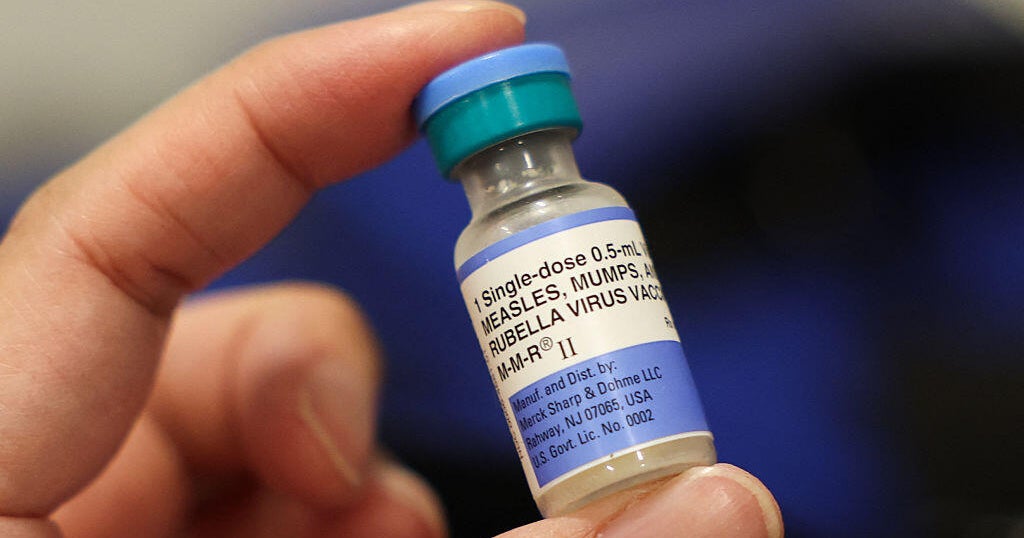Whooping cough cases on the rise nationwide
PITTSBURGH (KDKA) -- Rising whooping cough cases are raising health concerns nationwide, including in Pennsylvania.
No parent wants their child to suffer from pertussis, also known as whooping cough.
"It's contagious from the very start of symptoms, from those head cold-like symptoms, runny nose, and sore throat, and it's contagious through the coughing period," said Dr. Graham Snyder, medical director of UPMC's Infection Prevention and Hospital Epidemiology.
The fact that whooping cough is highly contagious is why health experts, including Dr. Snyder, are concerned about the surge in cases happening nationwide.
According to the CDC, 4,864 cases have been reported this year. That's about three times higher than this point last year.
The CDC data also shows 601 whooping cough cases have been reported in Pennsylvania this year, as of May 25. That's up 456% from the 108 cases over the same time last year.
The Allegheny County Health Department told KDKA-TV that the health department has had 19 reported cases in 2024. Ten of them were confirmed just this May.
The infection has reached some classrooms, including the Plum and Mount Lebanon school districts.
Dr. Snyder said most patients recover, but it can become serious for certain people.
"It can be severe, and potentially even life-threatening, particularly for very young kids, infants who are just a few months old, are particularly vulnerable, and for people who are older, age 65 or older, or have existing lung conditions, for example, COPD or moderate or severe asthma. In these cases, this severe cough can be more than just a bad cough, it can cause people to have low oxygen levels and become seriously ill," he said.
It may seem like a usual cough at first, then it gets worse, including coughing fits followed by a whooping sound.
"The coughing can be so severe, it can cause shortness of breath, it can cause vomiting after the cough, and is incredibly uncomfortable to have," Dr. Snyder said.
He said the serious cough can last one to six weeks.
While treatment can shorten it and the time a person is contagious, Dr. Snyder said its important to be up to date on the vaccine because its the best protection against the highly contagious infection.
"While it's not perfect at preventing you from getting pertussis, it can still reduce the chance that you have serious complications of the infections or more serious infection, and reduce the risk that you spread to others," he said.
Dr. Snyder said it's time to see a doctor if a severe cough lasts more than a few days, even if you've been vaccinated, and if you've been exposed, and start showing any symptoms, even mild ones like a cold.







